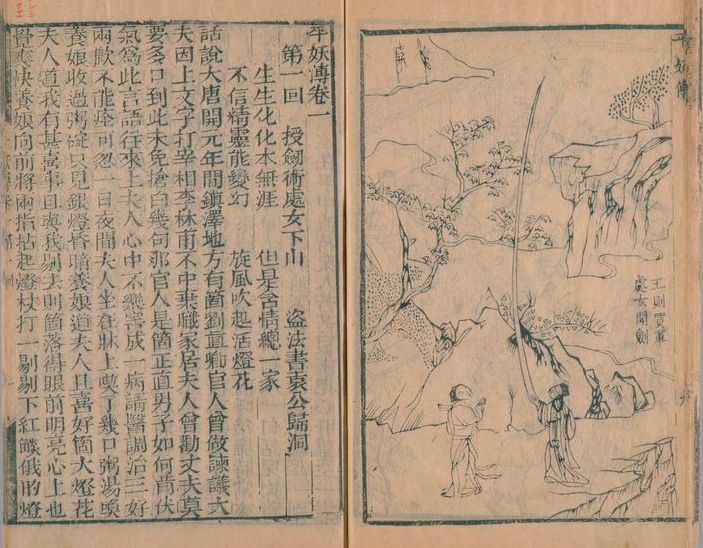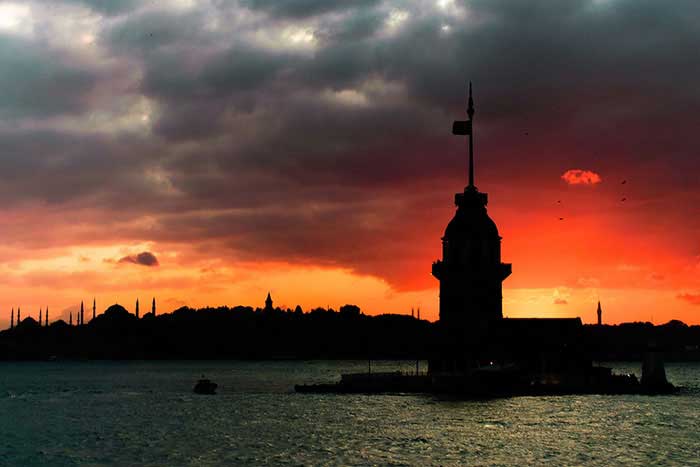Maurice Maeterlinck (1862-1949)
MauriceMaeterlinck was born at Ghent in 1862. He studied for the law, but left forParis after a short career as a lawyer. In Paris he became acquainted withseveral writers who exercised considerable influence over him. Maeterlinck`schief contributions to contemporary literature are his plays and his essays.
TheMassacre of the Innocents was the earliest published work of this writer. Itappeared in 1886 in a small magazine. It is a skilfully constructed tale, inwhich the background and details are strikingly similar to the early paintingsof the Flemish school.
Thetranslation, by Barrett H. Clark, was made especially for this collection.Originally reprinted by permission of the author.
The Massacre of the Innocents
OnFriday the 26th of December about supper time, a little shepherd came intoNazareth crying terribly.
Somepeasants who were drinking ale at the Blue Lion threw open the shutters to lookinto the village orchard, and saw the lad running across the snow. Theyrecognized him as Korneliz` son, and shouted at him from the window: “What`sthe matter? Go to bed, you!”
Butthe boy answered in a voice of terror, telling them that the Spaniards hadcome, having already set fire to the farm, hanged his mother from a chestnutbough, and bound his nine little sisters to the trunk of a large tree.
Thepeasants quickly came forth from the inn, surrounded the boy and plied him withquestions. He went on to tell them that the soldiers were clad in steel armorand mounted on horse-back, that they had seized the cattle of his uncle, PetrusKrayer, and would soon enter the wood with the sheep and cattle.
Theyall ran to the Golden Sun, where Korneliz and his brother- in-law were drinkingale, while the innkeeper hastened out into the village to spread the news ofthe approach of the Spaniards.
There was great excitement in Nazareth. Women threw open windows and peasants ran forth from their houses carrying lights which they extinguished as soon as they came to the orchard, where it was bright as midday, because of the snow and the full moon. They gathered round Korneliz and Krayer in the public square before the inn. Many had brought pitchforks and rakes. They took counsel, speaking in tones of terror, out under the trees.
As they were uncertain what to do, one of them ran to fetch the curd, who owned the farm that was worked by Korneliz. He came forth from his house with the keys of the church, in company with the sacristan, while all the others followed him to the churchyard, where he proclaimed from the top of the tower that he could see nothing, either across the fields or in the wood, but that there were red clouds in the direction of his farm. Over all the rest of the horizon the sky was blue and filled with stars.
Read More about Bulgarian Coast








